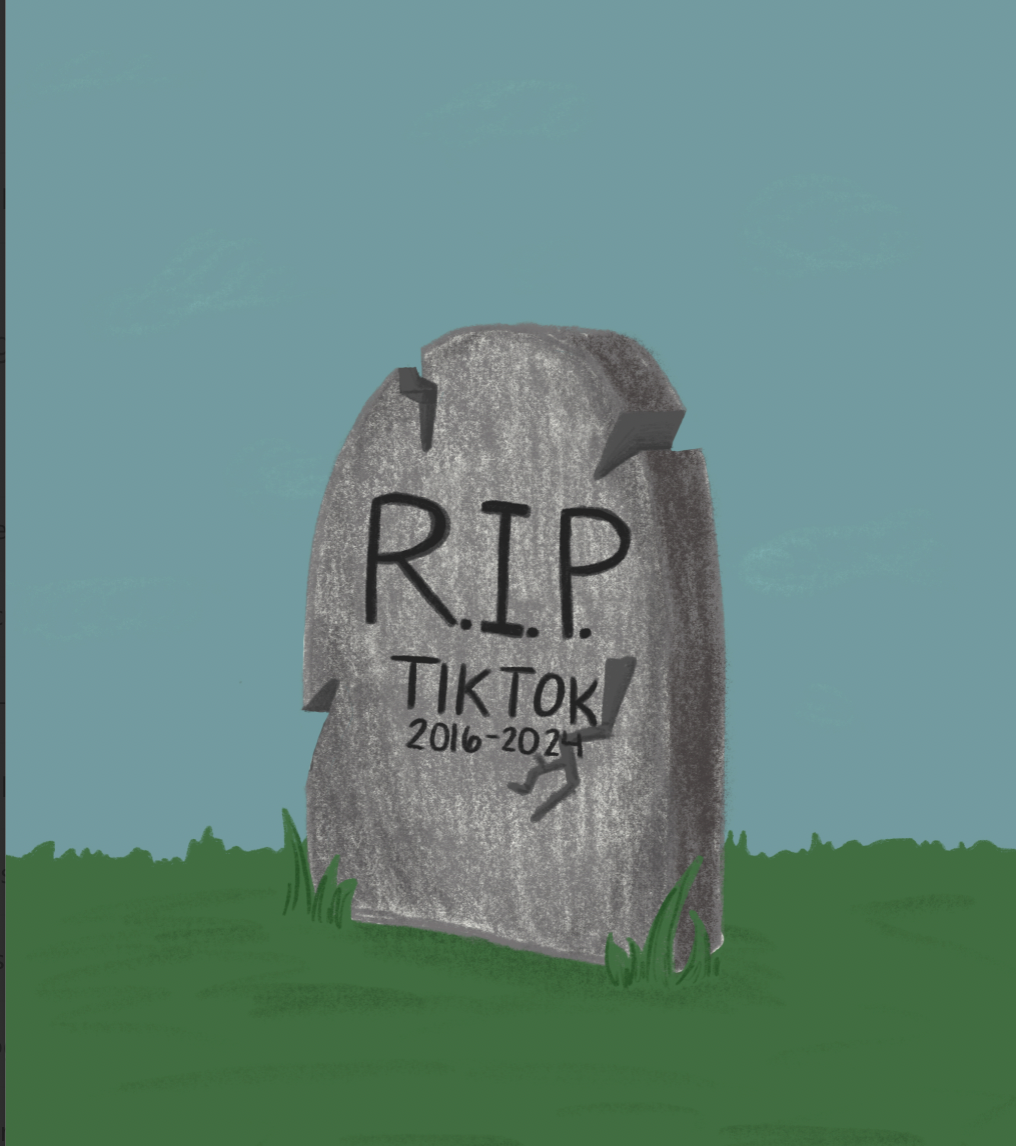Sustainability is a collective effort
As things gradually return to normal this year, The Hill School continues to dedicate itself to sustainability.
For the last six years, Hill has been purchasing 100% of the Renewable Energy Certificates, which are certificates that convert our purchased electricity into renewable sources such as solar or wind power, and their prices were practical.
Yet, in the last year or so, high tech companies have purchased most of the available RECs and caused a boost in the price of the remaining RECs. Companies like Google, Facebook and Twitter have purchased many of the RECs and increased the price of these almost four times, Jerry Alderfer, the head of Hill’s HVAC team, stated in an email. The school is still at the investigative stages for the pricing of our next contract, which will be finished before the current REC contract expires, in 2023.
Besides the ongoing sustainability practices, including food waste composting and energy saving, Hill also does smaller and more visible projects. A series of newsletters started on Oct. 9 focuses on the current happenings of sustainability within the community and can be found on Today on the Hill or by scanning the QR code on the digital billboards under the sustainability section of Hill’s website. The school is also planning on establishing Hill’s very first electric vehicle charging station, acting as a service for guests.
Hill has been doing a consistent job in food waste composting; however, Executive Chef Mark Hinkle said students’ efforts still require significant improvement. According to Hinkle, the amount of food that is composted has increased by 73 percent compared to last year during COVID-19 procedures. Current food waste is around 95 pounds per day and 665 pounds per week, compared to about 75 pounds per day and 525 pounds per week last spring and in the fall of 2020. On average, the Dining Hall recycles around 2.5 dumpsters a week, compared to last year’s estimated 3.5 dumpsters a week.
Eliminating cardboard cases, paper/plastic food containers and bottled drinks used during COVID-19 protocols has created a 95 percent reduction in the purchasing of plastic bottles, cans, and anything related to beverages. In addition, a new program has been implemented in the kitchen to weigh and track compost before it goes into the bin, which gives data about what is being composted by food category that can be utilized to set goals for reducing food waste. “Reducing overall volume is just as important, if not more, than recycling itself due to rising energy costs and limited truck driver labor in the current market,” Hinkle explained.
In terms of energy operating and saving, heating and cooling systems run for 24 hours through dorms. Major buildings such as the library, Academic Center and CFTA follow a specific schedule. According to Alderfer, the school uses about 15,000 kilowatt hours of electricity a day and around 220 MCF (each MCF equates to about 1,000 cubic feet) of natural gas if it is cold out. Including both electricity and natural gas, it costs around $1,000 to $1,500 per day to run the school’s heating system.
The total amount of water used on campus is around 40,000 to 45,000 gallons per day, including student showers, drinking water and water used in the kitchen. The steam system used for heating is about 86 percent efficient and requires around 800 to 1,000 gallons of water a day.
Finally, Hill uses just under 5,000 megawatt hours in a year. “What we use here in a day’s time of electricity would be most homes, five years,” Alderfer said, explaining that Hill is “like a small town.”
Bill Yinger, Hill’s sustainability coordinator, said that the school’s sustainability systems will become even more effective if students take small steps toward habit changes such as recycling the cardboard from their mailroom packages. “In terms of students, again, it’s probably going to be very, very small things,” Yinger explained, noting that decisions such as taking less food in the Dining Hall or taking a shorter shower can make a big difference.



























